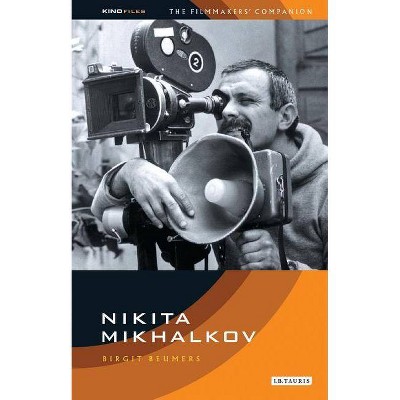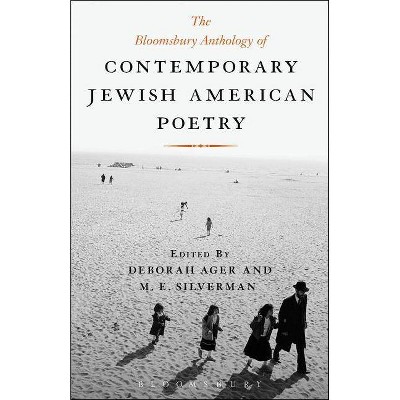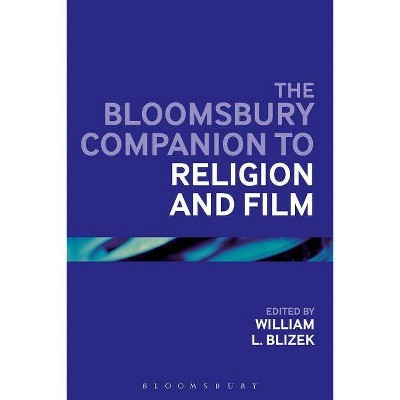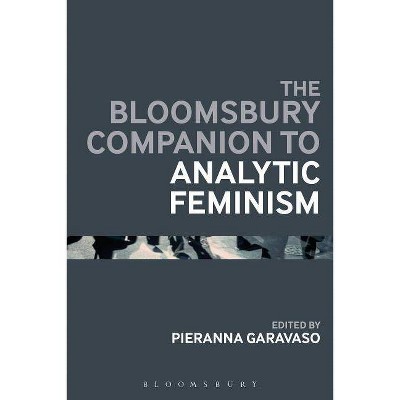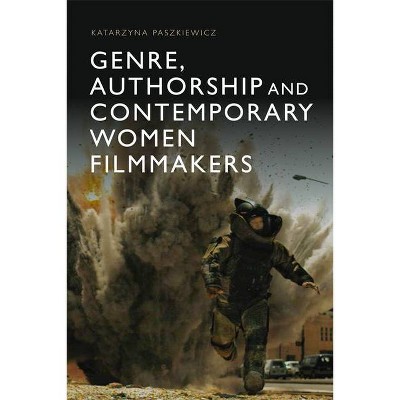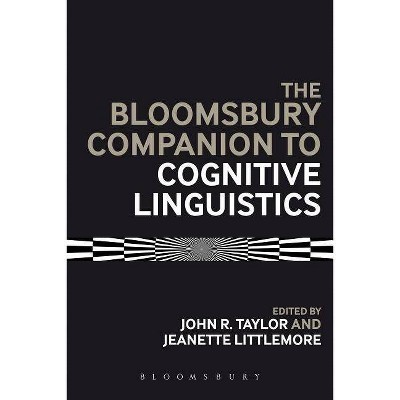Nancy Meyers - (Bloomsbury Companions to Contemporary Filmmakers) by Deborah Jermyn (Paperback)
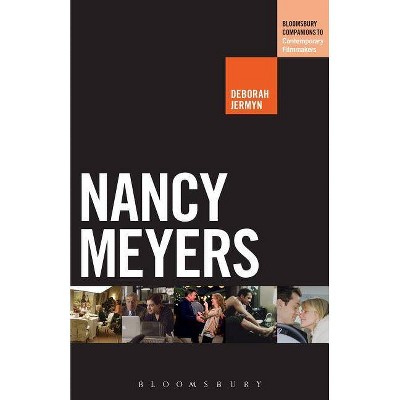
Similar Products
Products of same category from the store
AllProduct info
<p/><br></br><p><b> Book Synopsis </b></p></br></br>Nancy Meyers is acknowledged as the most commercially successful woman filmmaker of all time, described by Daphne Merkin in <i>The New York Times</i> on the release of <i>It's Complicated</i> as "a singular figure in Hollywood - [she] may, in fact, be the most powerful female writer-director-producer currently working". Yet Meyers remains a director who, alongside being widely dismissed by critics, has been largely absent in scholarly accounts both of contemporary Hollywood cinema, and of feminism and film. Despite Meyers' impressive track record for turning a profit (including the biggest box-office return ever achieved by a woman filmmaker at that timefor <i>What Women Want</i> in 2000), and a multifaceted career as a writer/producer/director dating back to her co-writing <i>Private Benjamin</i> in 1980, Meyers has been oddly neglected by Film Studies to date. <br/><br/>Including Nancy Meyers in the Bloomsbury Companions to Contemporary Filmmakers rectifies this omission, giving her the kind of detailed consideration and recognition she warrants and exploring how, notwithstanding the challenges authorship holds for feminist film studies, Meyers can be situated as a skilled 'auteur'. This book proposes that Meyers' box-office success, the consistency of style and theme across her films, and the breadth of her body of work as a writer/producer/director across more than three decades at the forefront of Hollywood, (thus importantly bridging the second/third waves of feminism) make her a key contemporary US filmmaker. Structured to meet the needs of both the student and scholar, Jermyn's volume situates Meyers within this historical and critical context, exploring the distinctive qualities of her body of work, the reasons behind the pervasive resistance to it and new ways of understanding her films.<p/><br></br><p><b> Review Quotes </b></p></br></br><br>Jermyn's book is much more than a carefully researched, well written and brilliantly argued study of Nancy Meyers. In providing her analysis with a multiplicity of well-chosen contexts --postfeminist culture, the politics of the popular, the hidden complexities of romantic comedy-- she ends up contributing as much to those contexts as to the work of the Hollywood director. Both passionate and nuanced, this is film scholarship at its very best.<br/>Celestino Deleyto, Professor of English and Film Studies, University of Zaragoza, Spain<br><br>Nancy Meyers' films are easily and often dismissed for their visual allure and aspirational aesthetics. (A hint of their complexity, though, may lie in these films' awareness of a truth we don't want to hear, namely that a key form of contemporary intimacy is our relationship with our possessions and ability to "stage" them). Deborah Jermyn rigorously and compellingly elicits a set of counter-evidence to the "standard line" on Meyers' work; this lively, engaging and highly readable work exemplifies the very best kind of high-quality film studies scholarship.<br/>Diane Negra, Professor of Film Studies and Screen Culture and Head of Film Studies, University College Dublin, Ireland<br><br>Timely and well overdue, Jermyn's monograph thoroughly examines writer/director/producer Nancy Meyers's oeuvre. To this date and despite a long and successful career, Meyers has still not found a place in either film history or studies of authorship that are unfortunately stories of male cinematic success, or studies of "women's" cinema that tend to avoid and/or "suspect" female mainstream filmmaking. Delving into rich archival material and based on insightful textual analysis, Jermyn poignantly proves not only that Meyers could easily be placed among the revered male auteurs of contemporary American cinema (although this is not her aim) and that her place in post-classical Hollywood history is unquestionable but also how her career and cultural outputs have been diminished exactly because of her gender and the female characters she has created. At a time when Hollywood is more than ever invested in simplistic franchise productions despite increasing outcry against this obvious discrimination, Jermyn's study is a most valuable work that should complement the reading lists of many a film, media and gender studies syllabus.<br/>Betty Kaklamanidou, Assistant Professor in Film and Television, Aristotle University, Greece<br><p/><br></br><p><b> About the Author </b></p></br></br><b>Deborah Jermyn</b> is a Reader in Film and Television at Roehampton University, UK. She is the author and editor of numerous books exploring women, feminism and popular culture including <i>Female Celebrity and Ageing: Back in the Spotlight </i>(2013), <i>Sex and the City </i>(2009) and <i>Hollywood Transgressor: The Cinema of Kathryn Bigelow </i>(2003).
Price History
Price Archive shows prices from various stores, lets you see history and find the cheapest. There is no actual sale on the website. For all support, inquiry and suggestion messages communication@pricearchive.us
